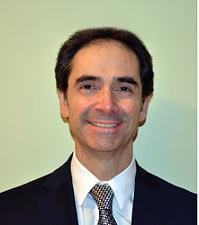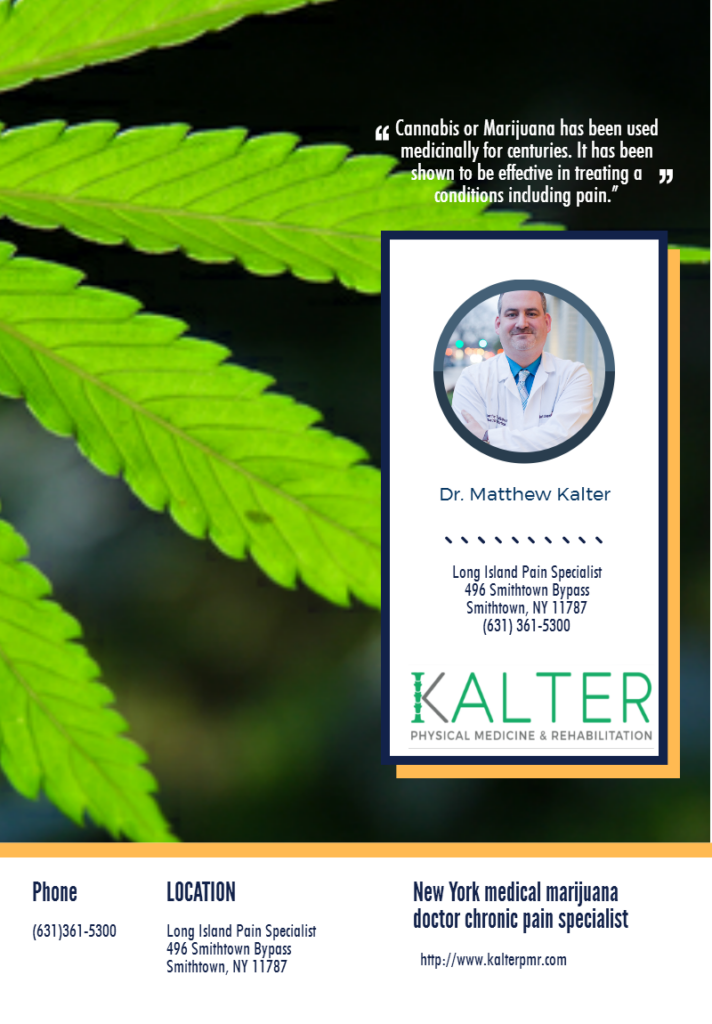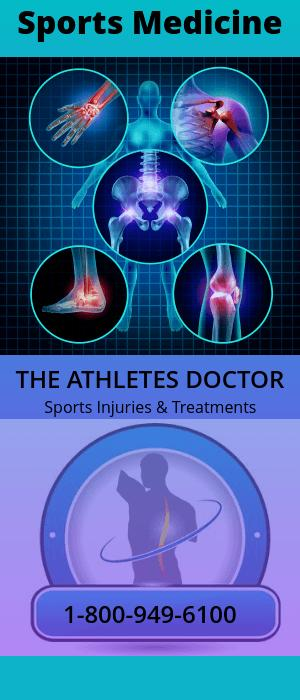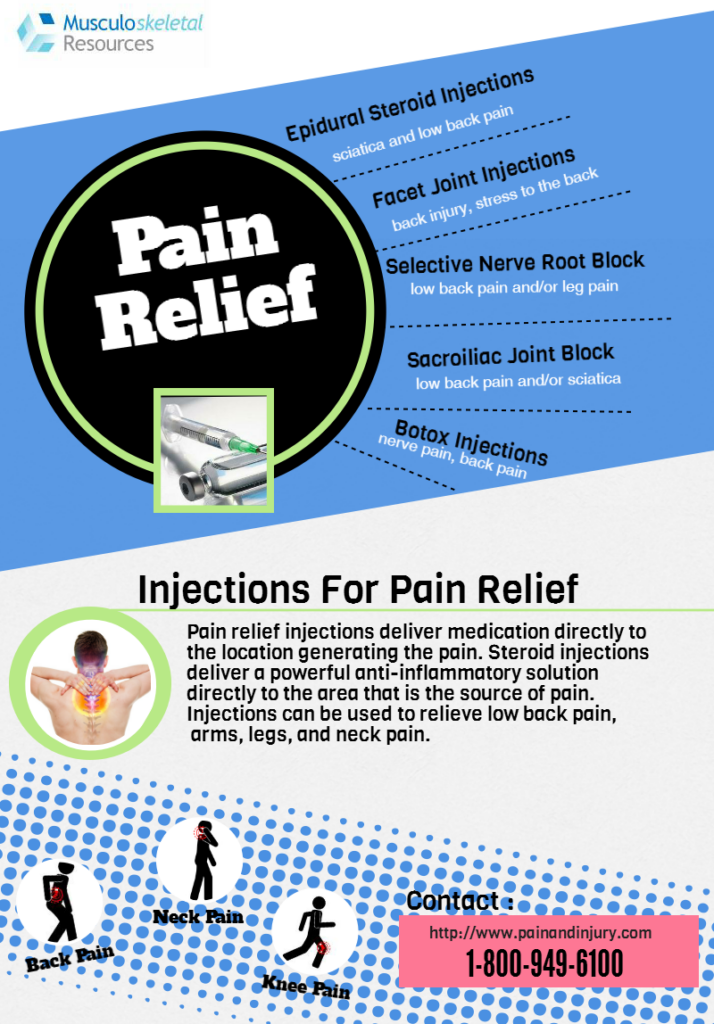PRP Therapy Healing of Chronic Pain
PRP Therapy (Platelet Rich Plasma Therapy), is a non-surgical treatment that uses the patients own blood to initiate healing and repair of damaged tissue. The platelets are best known for their importance in clotting blood. However, platelets also contain hundreds of proteins called growth factors which are very important in the healing of injuries. The patients own platelet rich plasma is injected into the damaged, pained joint, muscle, ligament or tendon. PRP treatments allow for faster healing of soft tissues.
Platelet-rich Plasma (PRP Therapy) Popular with Professional Athletes
-
The Angels’ Garrett Richards chose injection treatments, not surgery, and now he’s back.
- Alex Rodriguez used PRP therapy after he underwent hip surgery in 2009. … Blood is made up of white blood cells, red blood cells, plasma and platelets. Platelets help the blood clot and also secrete growth factors, which are healing proteins.
- Stephen Curry had Platelet-Rich Plasma for a grade 1 MCL sprain during Game 4 of the team’s first-round series against the Houston Rockets in 2016.
- Rafael Nadal, Tiger Woods, Kobe Bryant, Alex Rodriguez, Zack Greinke and Hines Ward — who have tried the treatment.
- British footballer John Terry even shared an Instagram photo of himself receiving the treatment.
- Los Angeles Lakers’ D’Angelo Russell got a platelet-rich plasma injection to alleviate pain in his left knee. After having the injection on Nov 23, he missed 11 games to pave way for full recovery.
- Philadelphia 76ers Jerryd Bayless got his PRP injection to heal his wrist.
- New York Mets catcher Travis d’Arnaud received a platelet-rich plasma injection in his injured right shoulder.
PRP Common Areas of Use
- Knee Injuries and Osteoarthritis
- hip and spine injuries
- shoulder pain and injury
- Strained rotator cuff tear
- pelvic pain
- back and neck injuries
- ankle sprains
- tennis elbow
- tendonitis
- ligament sprains

PRP Pain Specialist in New York
Skyline Physical Medicine & Rehabilitation, P.C.
Michael Monfett, MD
40 Broad St #601, New York, NY 10004
(212) 797-1200
Resources
- www.prptreatments.org/sports-medicine/athletes-using-prp/alex-rodriguez-prp-therapy/
- http://www.latimes.com/sports/angels/la-sp-angels-report-20170404-story.html
- http://www.foxsports.com/nba/story/stephen-curry-golden-state-warriors-what-is-platelet-rich-plasma-therapy-050416
- http://www.nba.com/lakers/releases/161123-russell-prp-knee-injection/
- https://www.amazinavenue.com/2016/5/10/11653816/mets-injury-darnaud-injection-shoulder-plawecki-rivera-new-york
- https://painandinjury.com PRP Therapy New York
- Principles and Methods of Preparation of Platelet-Rich Plasma https://www.ncbi.nlm.nih.gov/pmc/articles/PMC4338460/




